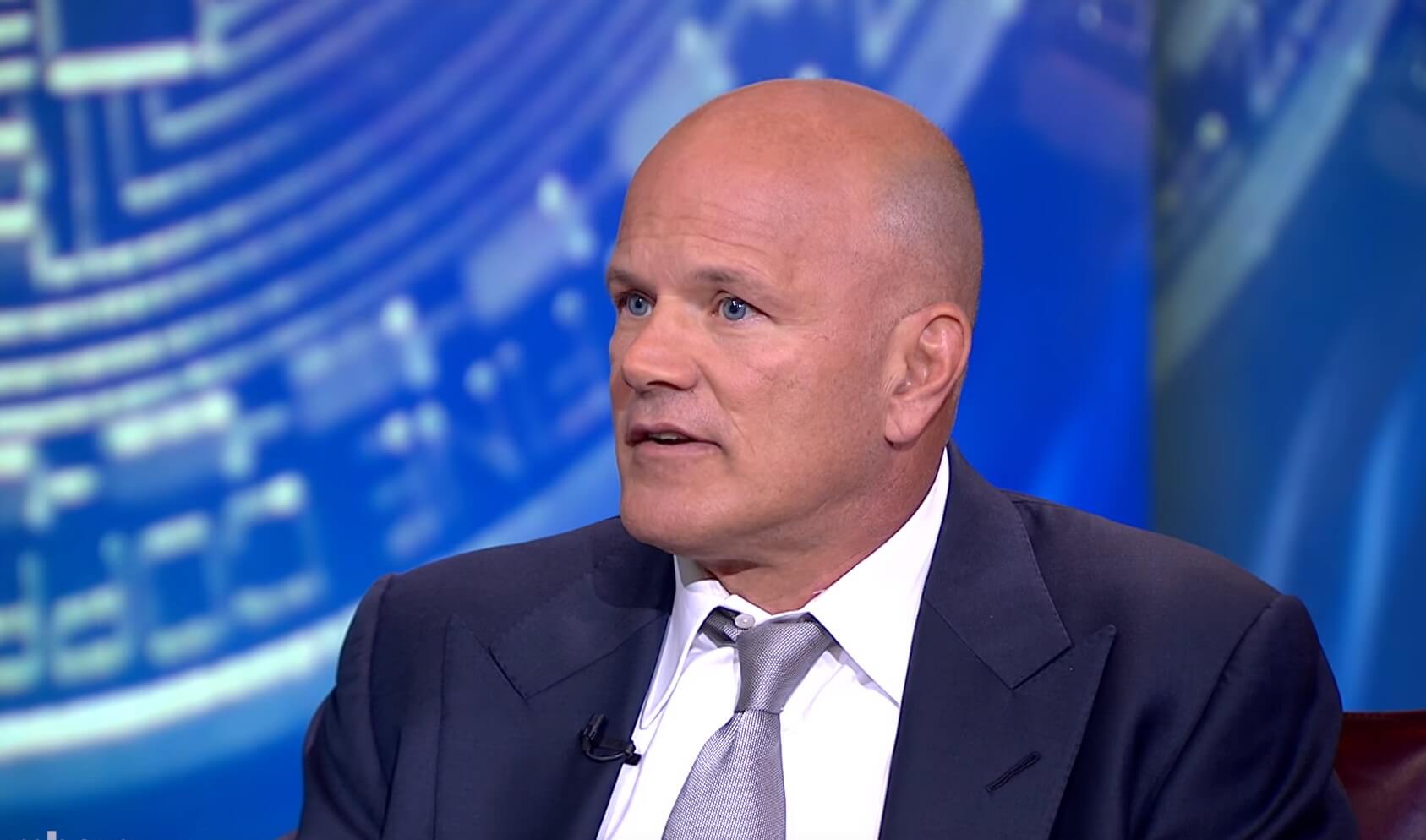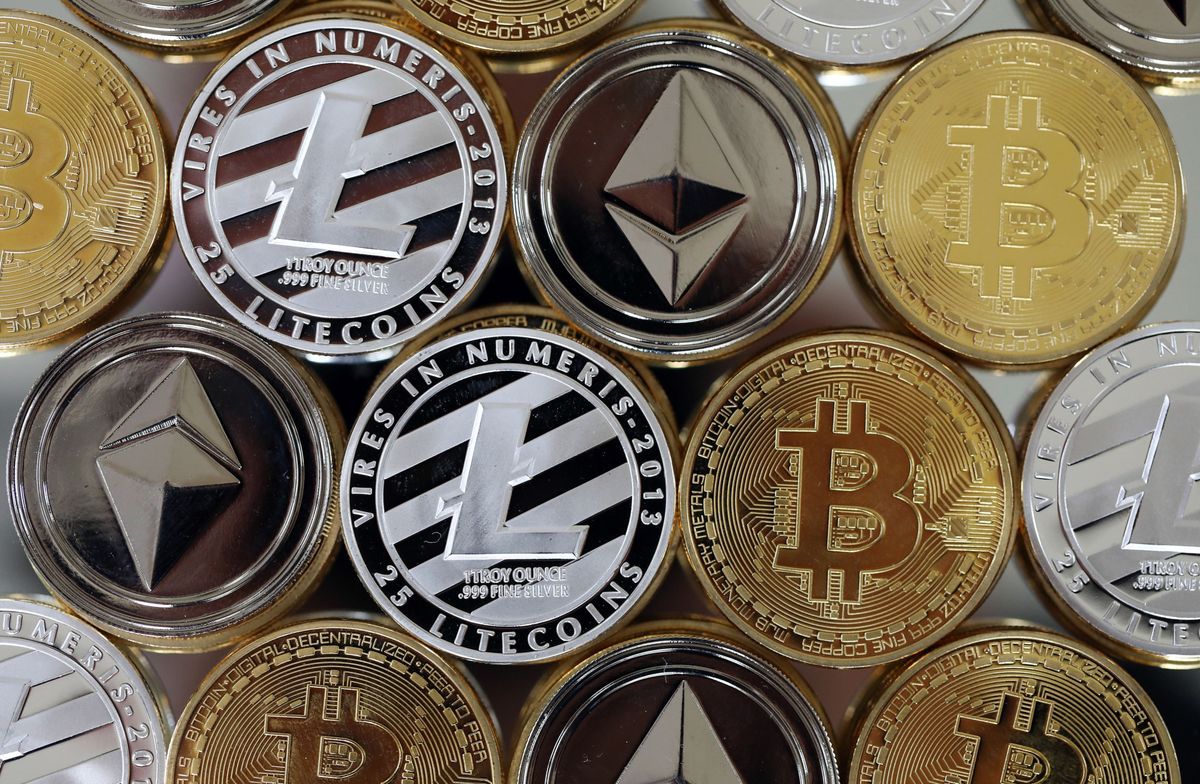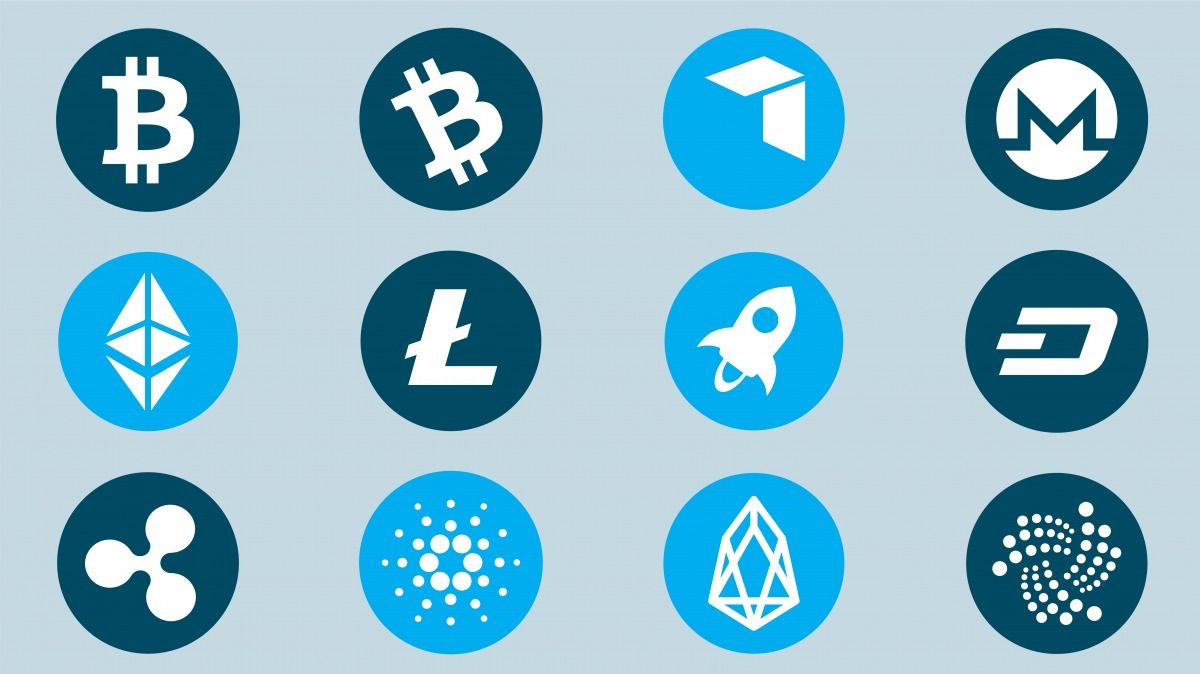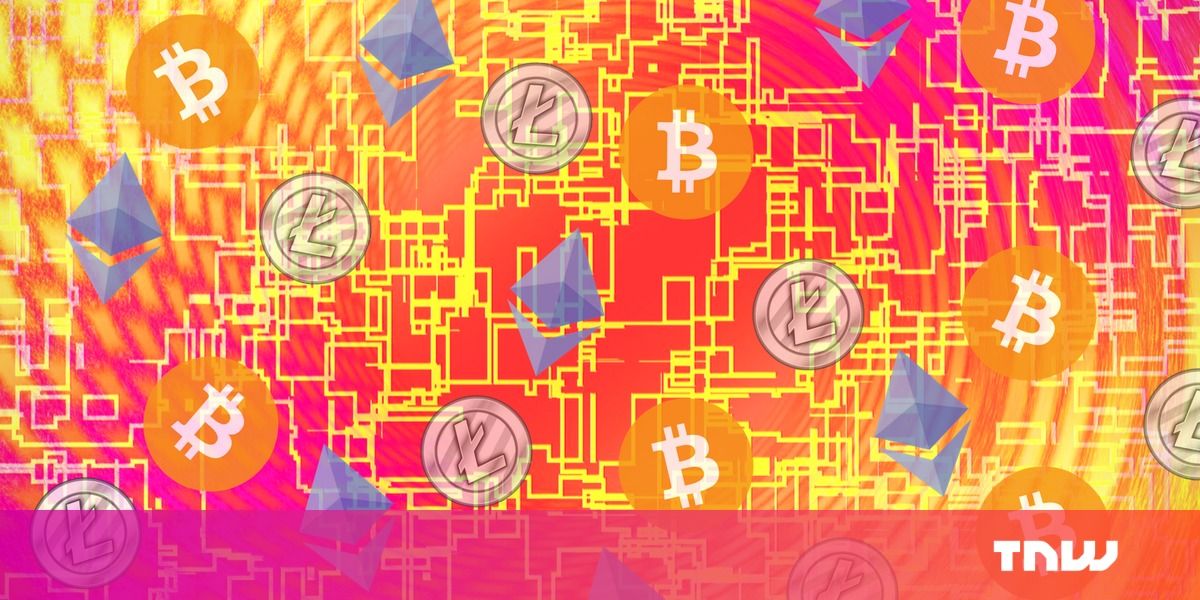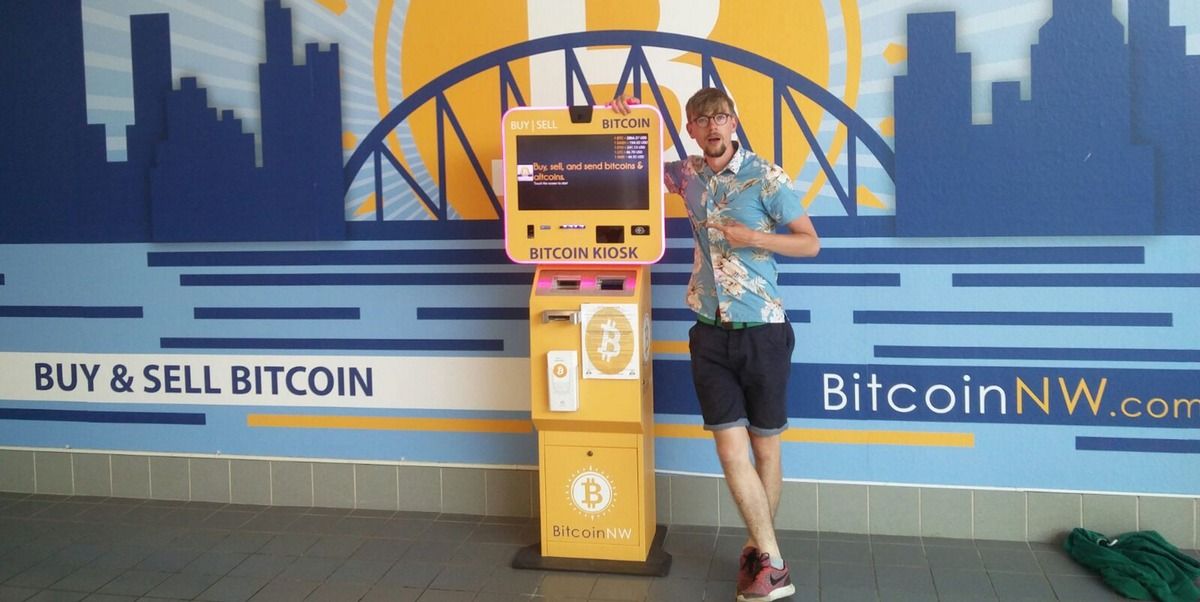One of bitcoin’s biggest bulls has inked a deal with an unlikely partner to create a cryptocurrency price index.
Billionaire Mike Novogratz and Bloomberg LP on Wednesday announced that they are teaming up to launch the Bloomberg Galaxy Crypto Index (BGCI), which will track the aggregate performance of a basket of large-cap cryptocurrencies.
“Today’s launch of the Bloomberg Galaxy Crypto Index reflects our clients’ growing interest in cryptocurrencies,” said Alan Campbell, Global Product Manager for Bloomberg Indices. “The index brings our rigorous approach to index construction to cryptos and will provide investors with a transparent benchmark to gauge the performance of the broader market.”
